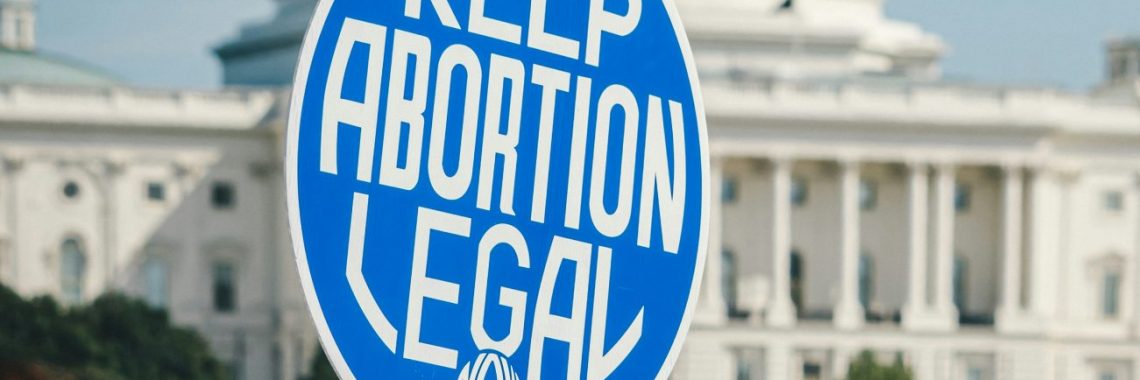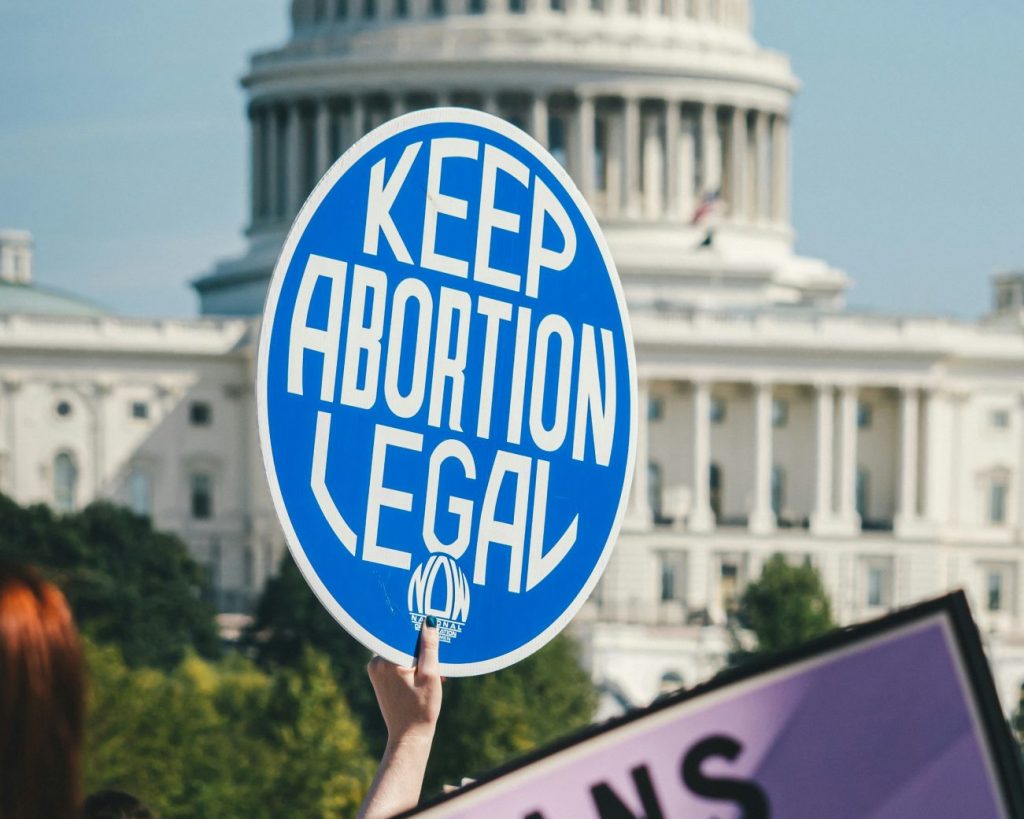WSJ Highlights Dangers of Drugged Driving

Marijuana affects motorists longer than many realize, according to a column published Monday in the Wall Street Journal.
The story notes,
Pot affects you differently than alcohol, can linger in your system for longer, and it can be harder to figure out when it’s safe to drive. Research from the University of California, San Diego, and elsewhere suggests you should wait at least four hours before getting behind the wheel after smoking one joint. Wait even longer—at least six to eight hours—after ingesting a cannabis edible.
The story cites multiple studies about the dangers of driving under the influence of marijuana — including a 2021 study in the American Journal of Public Health that found car crash fatalities involving marijuana rose from 9% in 2000 to 21.5% in 2018.
Nationwide, marijuana legalization has caused serious problems in other states.
Authorities in California, Oregon, and other states continue to seize marijuana grown and sold illegally on the black market.
Research from California found infants were 35% more likely to die within the first year of birth if their mothers used marijuana heavily.
Regular marijuana use has been associated with lung problems and an increased risk of heart attack and stroke. A 2022 study published in the journal of the Radiological Society of North America found marijuana smoke may actually be more harmful to lungs than cigarette smoke.
States that have legalized marijuana have seen increases in drugged driving and traffic injuries as well.
All of this underscores what we have said for years: Marijuana may be many things, but “harmless” simply is not one of them.
Articles appearing on this website are written with the aid of Family Council’s researchers and writers.




